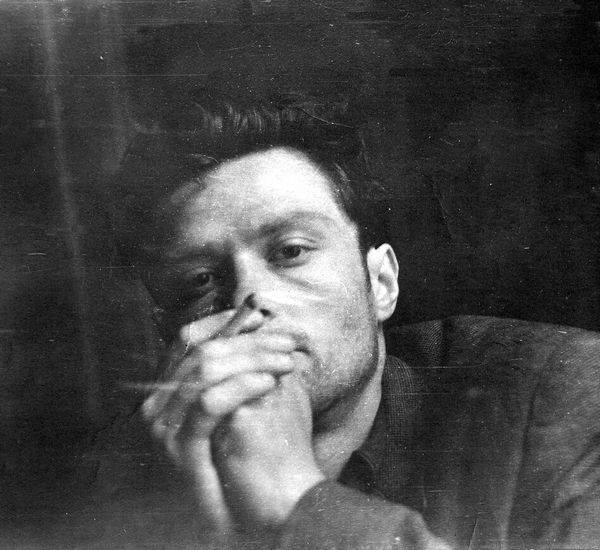Evald Ilyenkov (1924–1979), the brilliant Russian philosopher whose suicide in March 1979 was directly linked to his growing isolation and ostracism in more orthodox academic circles in Russia. One source refers to a ‘witch hunt’ against him.
When Ilyenkov wrote his first major work The Dialectic of the Abstract and the Concrete in Marx’s Capital in 1956, the director of the Institute of Philosophy, Fedoseyev, having read the proofs, ordered the type-setting of the book to be destroyed. The Italian publisher Feltrinelli (the ‘red millionaire’, as he was called) got hold of a copy and was about to publish it in Italian (to Fedoseyev’s utter rage!) when the Russians forced Ilyenkov to publish the original but in a drastically reduced form and only after removing the most “Hegelian” passages as well as his criticisms of formal logic. (The Italian translation came out in 1961 and has always been one of my most treasured books.)
On the Italian episode see Maidansky’s excellent article here; http://www.academia.edu/…/The_Dialectical_Logic_of_Evald_Il…
Ilyenkov read Hegel in a materialist way, rejecting both Cartesian dualism and the tedious dichotomies between ‘idealism’ & vulgar (physiological!) materialism which, as Alex Levant says in the link below, he saw as complete dead-ends.
As a student of his said in a recent interview, Ilyenkov “developed the idea of the identity (italics!) of being and thought” as the key aspect of Marx’s dialectic. For Ilyenkov ‘the ideal’ was not something subjective or simply ‘in the head’ but the imprint that humans make on the world through their activity. This gave Marx’s concept of value a wider philosophical basis, one based on a fusion of Spinoza and Hegel. (Maidansky says, ‘His heroes were Spinoza, Hegel and Marx, and as regards music – Richard Wagner. His favourite reading was Orwell’s 1984 ’.)
The whole of Evald Ilyenkov’s philosophical career was marred by bureaucracies determined to clamp down on anything remotely resembling creative intellectual work.
The HM series collection “Dialectics of the Ideal” (after a paper of that name by Ilyenkov) is a good introduction to his philosophical theories. It includes the interesting interview with Mareev cited above as well as discussion of Ilyenkov’s interest in Vygotsky, whose seminal work in developmental psychology, imbued with the same passion for Spinoza and Hegel, was cut prematurely short when he died of TB in 1934.
http://www.brill.com/products/book/dialectics-ideal

